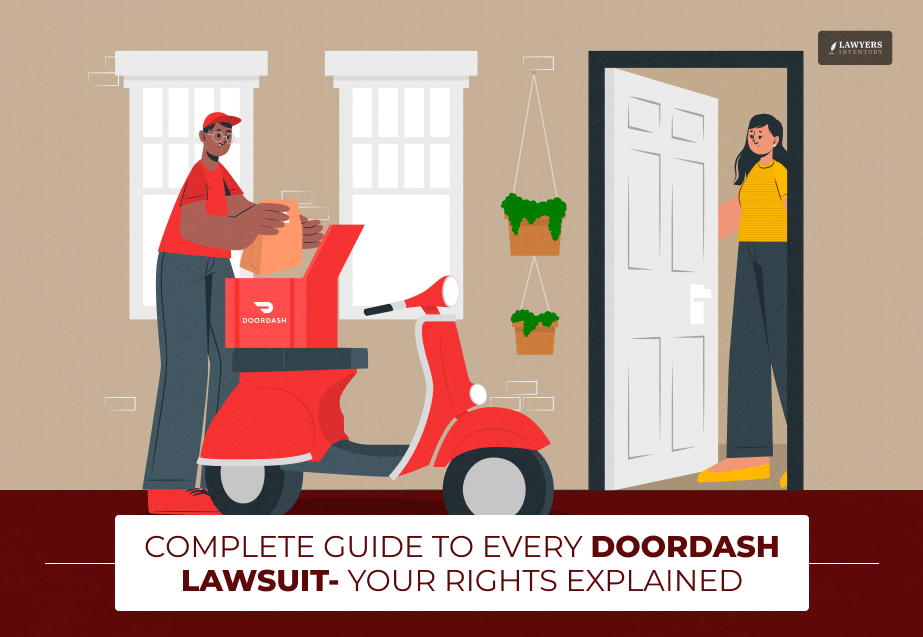
DoorDash is a leader in the gig economy, and it has constantly faced legal fights on all sides. It operates at the crossroads of labor law, consumer protection, and technology. That has put the company in some very unique and complex positions legally.
For instance, the general DoorDash lawsuit covers claims for drivers (Dashers), consumers, and even competing platforms. Understanding which specific issues are involved helps in identifying if you could have been affected.
This post provides a broad explanation of the major categories of the DoorDash lawsuit and offers practical advice. We’ll delve into information about settlements, eligibility, and the current status of each DoorDash Lawsuit mentioned here.
The Core Of The Legal Challenge – Worker Classification
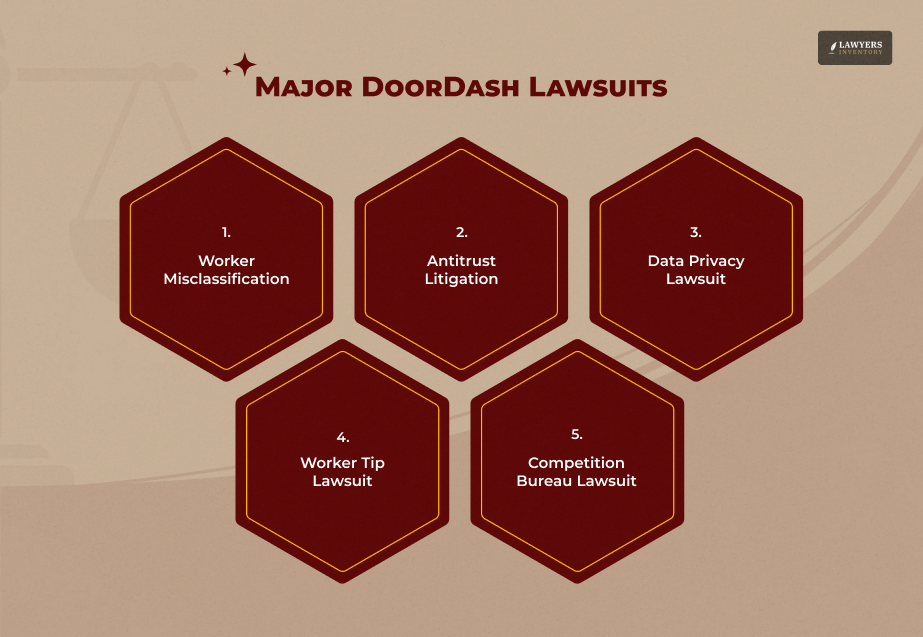
The most important and frequent theme in the DoorDash lawsuit environment is the classification of delivery workers.
Independent Contractor Versus Employee Status
DoorDash classifies its drivers, called Dashers, as independent contractors. This saves the company a lot in costs.
However, one major class action lawsuit filed against DoorDash in states such as California and Massachusetts alleged that Dashers should be considered employees, according to Top Class Actions.
That would require DoorDash to offer benefits such as minimum wage, overtime pay, and reimbursement for expenses such as gas and vehicle maintenance. Most importantly, this is the primary DoorDash lawsuit challenging the entire business model of the gig economy.
Results from such a DoorDash lawsuit provide legal precedent for the entire industry.
The $100 Million Misclassification Settlement
A major class action lawsuit against DoorDash, alleging misclassification of drivers in California and Massachusetts, settled for $100 million. This settlement applies to drivers who delivered on the platform between 2016 and 2020.
The company maintained that its classification of the drivers as contractors was proper. However, the settlement agreement provided substantial compensation to the affected drivers. This massive settlement regarding the DoorDash Lawsuit provided monetary relief based on the number of miles a Dasher drove during the eligible period.
The Battle Over Tips And Pay Practices
Another highly publicized area of the DoorDash lawsuit is how the company handled customer tips.
The Tip Misappropriation Lawsuit
From 2017 through 2019, DoorDash utilized a pay model that many critics termed “deceptive.” Under that model, the company allegedly employed customer tips to supplement the guaranteed base pay it offered Dashers, rather than adding the tips on top of that guaranteed amount.
This meant that a customer’s generous tip might only reduce the amount DoorDash paid, and not increase the Dasher’s total earnings. The practice sparked outrage and became the center of a major DoorDash Lawsuit.
The New York Attorney General Settlement
In one major development, the New York Attorney General reached a $16.75 million settlement with DoorDash to settle the DoorDash Lawsuit. They did so on behalf of Dashers who made deliveries in New York state during the settlement period.
This settlement has obliged DoorDash to continue a pay model that guarantees all customer tips would go fully to the Dasher without affecting the company’s base pay contribution. The final ruling in this DoorDash lawsuit ensured greater transparency for both customers and drivers.
Consumer And Data Protection Claims
Legal scrutiny of DoorDash does not stop with the drivers, but extends to consumers using the application. Consumers have filed a separate DoorDash Class Action Lawsuit regarding fees, pricing, and data security.
The Apple Pay And Unauthorized Charges Lawsuit
A recent DoorDash Apple Pay Class Action Lawsuit claims that DoorDash and Apple Pay charged users for DashPass subscriptions without their consent.
The suit claims that the process was deceptive, and the subscription was hard to cancel. In some instances, plaintiffs claim they were charged for the subscription even though their account reflected no active DashPass membership.
This form of DoorDash lawsuit reflects growing concerns about “dark patterns” and auto-renewal practices in digital commerce.
The Consumer Pricing And Fees Lawsuits
Other consumer claims revolve around deceptive fees. For instance, a case filed before the Competition Tribunal of Canada accuses DoorDash of “drip pricing,” a practice where the customers are shown a lower price initially but are later charged mandatory, hidden fees at the checkout stage, according to FindLaw.
The final price, then, is more than what was advertised. Such a DoorDash lawsuit emphasizes the need for all customers to have transparency of full pricing.
Read Also: The USAA Data Breach Settlement- Your Guide To Claims And Compensation
Data Breach Litigation
It also resulted in a major class action lawsuit against DoorDash arising from the data breach in 2019, which exposed the sensitive information of millions of users and merchants.
Therefore, organizations are supposed to take security precautions that will protect customer data. Without this, they risk entering into expensive litigation cases and damaging reputations.
Merchant and Platform Competition Lawsuits
It also includes restaurants and other platforms in its ongoing legal battles.
Antitrust Claims And Platform Pricing
Competitors and merchants have filed a DoorDash lawsuit for anti-competitive conduct. For instance, one multi-platform antitrust litigation, Davitashvili v. GrubHub Inc. et al., claimed that DoorDash and its rivals used contracts that required restaurants to set the same prices for dine-in customers as for delivery customers.
This practice forces dine-in customers to perhaps subsidize the cost of delivery. Another notable action is the Uber lawsuit that accused DoorDash of anti-competitive practices. These cases involving the DoorDash lawsuit are challenging market dominance and fair pricing.
Unauthorized Listings And Trademark Infringement
Some restaurant owners have filed a DoorDash lawsuit when they found their menus listed on the app without their consent or an official partnership.
This typically consists of unauthorized use of the name, menu items, and signs. This act might also mislead a consumer and degrades the brand of that restaurant. Thus, it falls under trademark violation.
Read Also: Claim Your Payout: What The Robinhood Data Breach Class Action Means
How To Check Eligibility And File A Claim
If you were a Dasher, a customer, or a merchant during any period covered by a DoorDash lawsuit or settlement, you might be entitled to compensation.
Driver/Dasher Eligibility Checklist
Now, let’s talk about the Eligibility Checklist for Drivers/Dashers.
Time Period
Confirm that you worked during the dates noted in the settlement notice – e.g., for the NY tips case, this would be May 2017-September 2019.
Jurisdiction
Confirm whether you worked in the state or region covered under the DoorDash Lawsuit, such as New York, California, or Massachusetts.
Notice
You are usually contacted by the settlement administrator through a formal notice mailed, emailed, or texted to you, which contains a unique claim ID.
Steps To File Your Claim
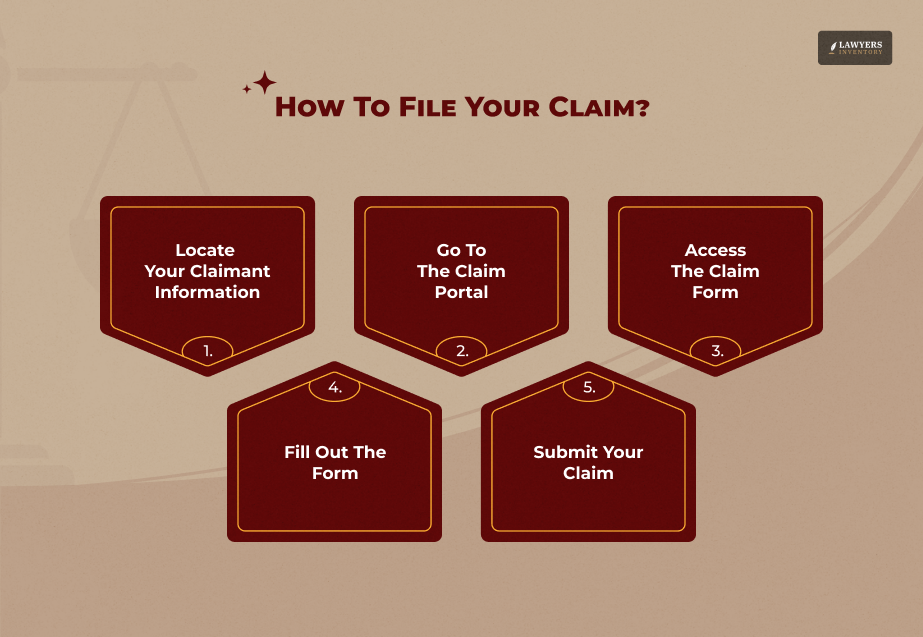
Now, let’s check the steps to the claim. Read the official notice, which describes the terms of the settlement, including eligibility and deadlines.
Act By The Deadline
Claim deadlines are firm. For instance, the New York tips settlement deadline was November 21, 2025.
Filing The Claim Form
Complete the official claim form, online or by mail, using the unique claim ID provided.
Caution
Settlement notices are very much real, but one needs to verify their authenticity through the official website of the court-appointed settlement administrator. Beware of scams associated with the DoorDash lawsuit requesting personal banking information.
Frequently Asked Questions (FAQs):
The continued legal challenges prove that the DoorDash lawsuit is a very important topic. It affects drivers, consumers, and merchants alike.
The most common reason behind a DoorDash lawsuit is misclassification, where Dashers are considered independent contractors and not employees-a designation that then denies them minimum wage and overtime protections, among other things.
Settlement funds are normally distributed pro rata among eligible class members based upon verifiable factors, such as the number of deliveries completed or miles driven during the covered period.
In general, class action lawsuits related to DoorDash Apple Pay would represent all customers who received unauthorized charges during that period, but most of them are pending class certification, so you should periodically check the official court filings.
For individuals, the development of the DoorDash Lawsuit and strict adherence to deadlines will help avail whatever compensation is warranted. Documentation should be extensive, and a suit with professional legal advice for complex claims should be considered.






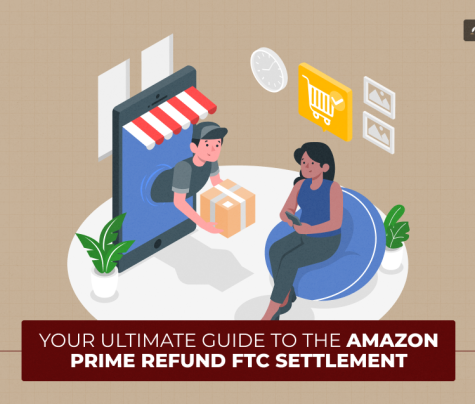
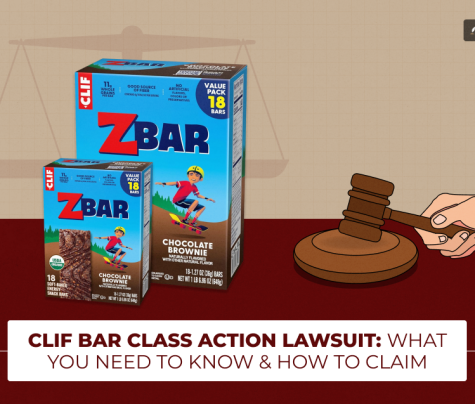
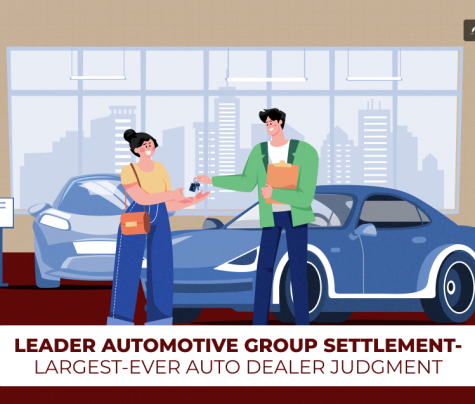
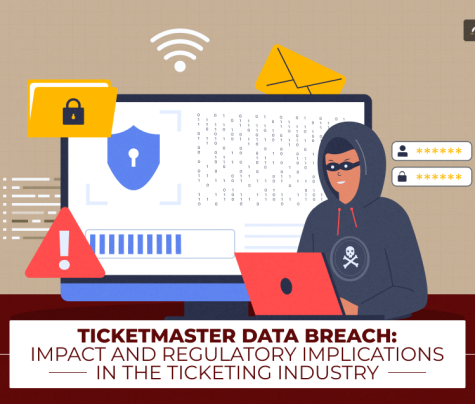
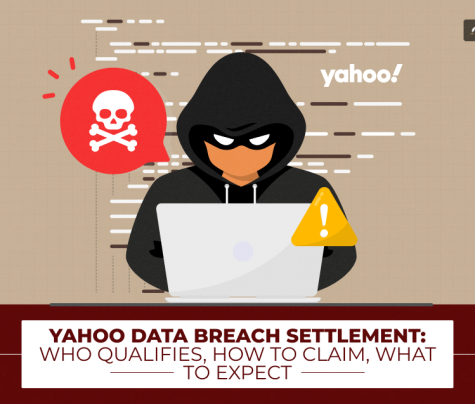
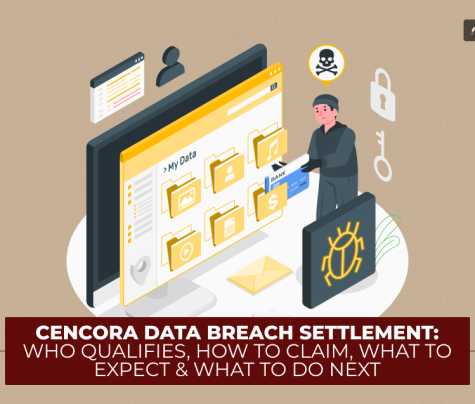
0 Reply
No comments yet.